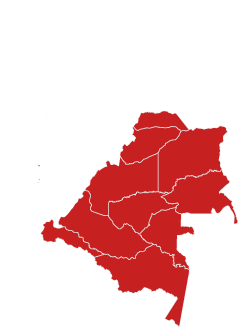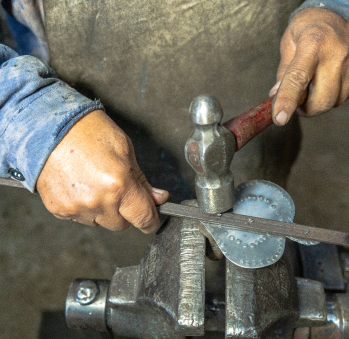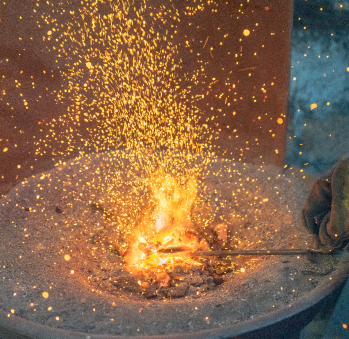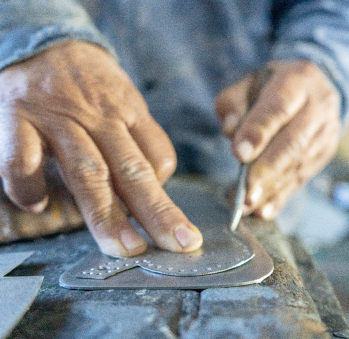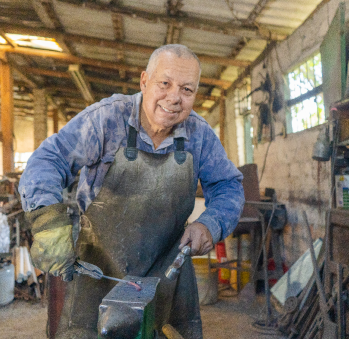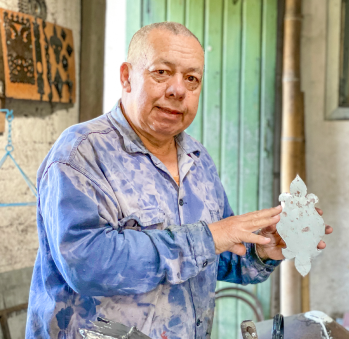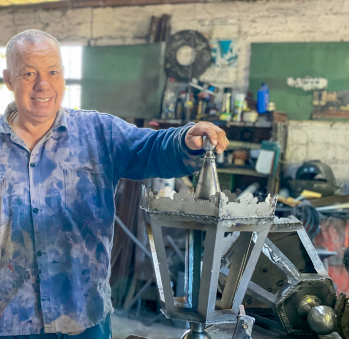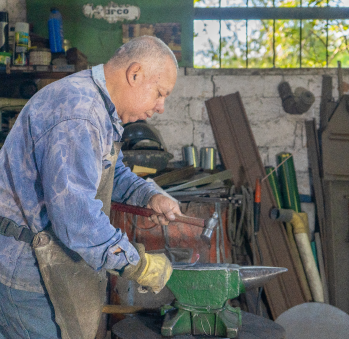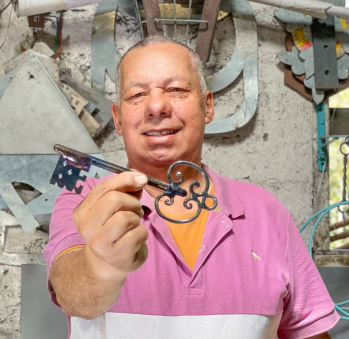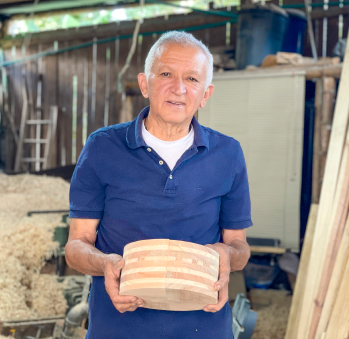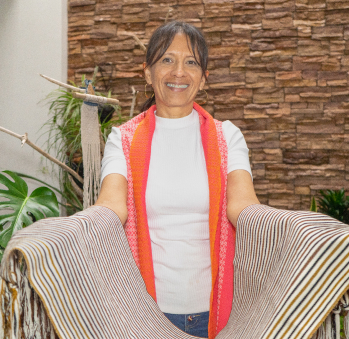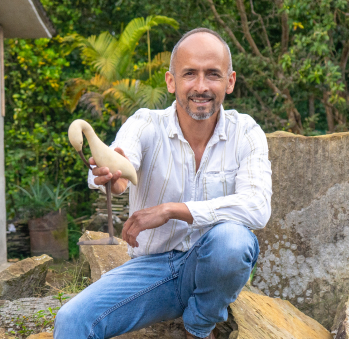Braulio Ledezma
Workshop: Braulio Ledezma Forja
Craft: Forging
Trail: Cauca Heritage Route
Location: Popayán, Cauca
Braulio was inspired by his father, don Alirio, to become the artisan he is today. Seeing him carve wood with the passion and talent of a woodworker is an image that has been engraved in his mind forever. Working as his father used to do is his way of paying homage to him. He, however, did not follow the path of wood, but that of metals. He became one of the most outstanding forge artisans of Popayán. His career has already spanned 50 years. He knows this date precisely because in 1972 he asked for his first loan, 15,000 pesos, to set up the workshop with which he would start working, after training at the Sena. His life has been long. He witnessed the 1983 earthquake and has a bitter memory of how hard drug trafficking penetrated society. In addition, the crisis that his profession went through due to the aluminum fashion that was imposed in the country in the eighties was not easy to bear. He came out of it all with flying colors due to his consecration and lack of vanity.
Ending up working with hot iron was just the natural following step. Father and son soon realized that the renowned trunks that Alirio made needed the ornamentation and metal fittings that Braulio would later master. They were not just any ironwork or sheet metal. In fact, none of the metals in Popayán are, because his city is one of the most emblematic ones in Colombia in terms of colonial traces. Braulio, a man of strong hands, can make with his hammer two-headed eagles or dragons, and numerous designs in high and low embossments that embody a dialogue with fire that has only been consolidated over the years.
He speaks of the strikes he does in a very beautiful way, as if he could transform the meaning of words. From his own fist, the famous lanterns of Popayán emerge. They are fine pieces that resemble dark paper and that have illuminated the streets of this white city for centuries during the Holy Week processions. He knows every trace of iron that lies in his city: every railing, handrail or grating. He has also participated in numerous restoration processes, among which the Church of Bethlehem stands out. There he was able to test his knowledge of art. The plans he was given to replicate some lanterns and candles that required intervention did not correspond to what was needed. He took paper and pencil and made his own measurements, achieving the impeccable work he was asked to do. That is probably why he was also commissioned to make the keys to the city.
Braulio is not afraid of the work time required by his trade. He constantly complains about the rush that we all have nowadays. He condemns this search for what we call “efficiency.” In forging, the manual art par excellence, this angst simply cannot concern them. “Many say that they don’t cannot take on the trade because they get blisters on their hands, because their arms and head hurt… the truth is that neither the braiding machine, nor the shining machine, nor the lathe are useful here, because forging is not a matter of welding: one has to dedicate oneself to it, as the saying goes, con alma (soul) y sombrero (hat).” For him, there are no machines that can do what his patient hand can. That is why he pays tribute to his favorite tools: the hammer, the saw, the chisel, and the file. He is one with his friend, the anvil, and they can create the most incredible pieces born of heat when working together.
Craft
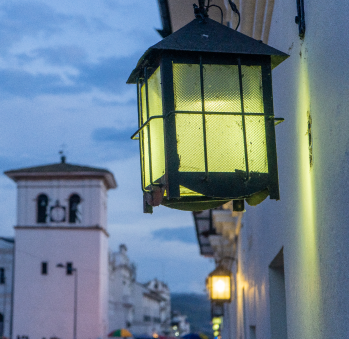
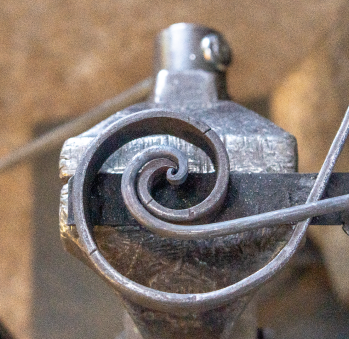
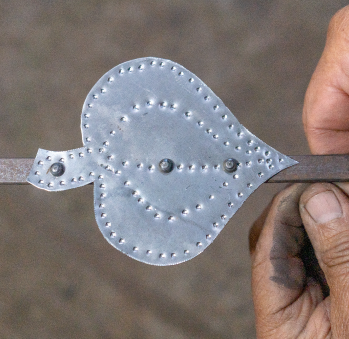
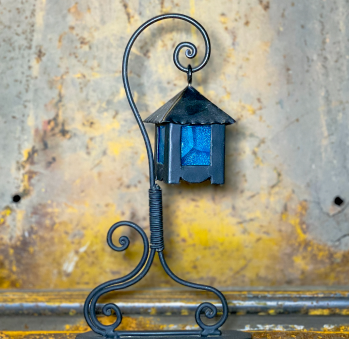
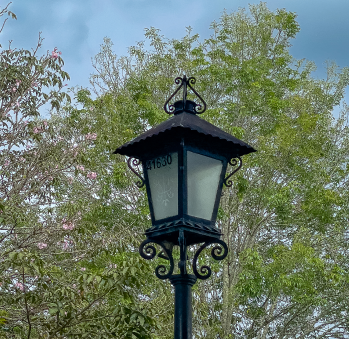
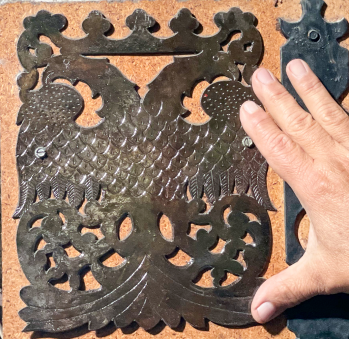






Artisans along the way
Artisans along the way
No puede copiar contenido de esta página

